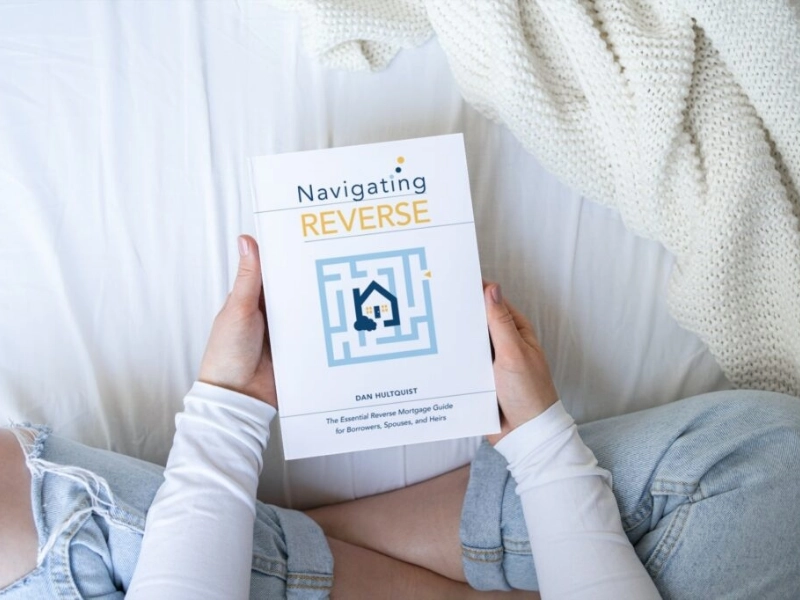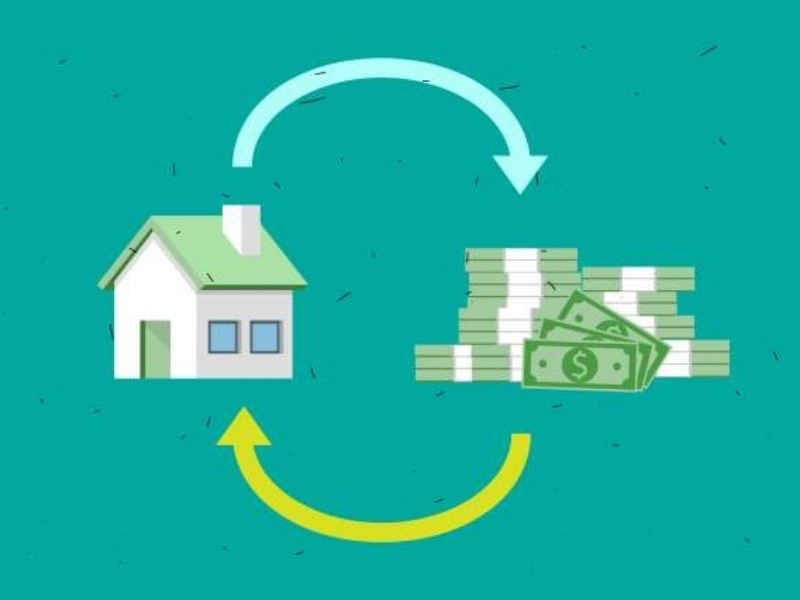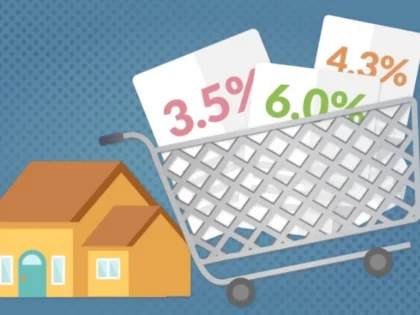Navigating The Reverse Mortgage Landscape: Understanding Your Options
A reverse mortgage enables seniors who wish to remain in their houses as they age to do so. Property taxes, hazard insurance, and house maintenance can all be covered by the income of a reverse mortgage. Know your choices before considering this one. When determining if a reverse mortgage is the correct option for you, this article provides important facts to take into account.
Residence Equity

Levies
 Reverse mortgage loans usually result in tax-free money that does not affect borrowers' Social Security or Medicare benefits. But before making a choice, it's crucial to consider every option available to you instead of a reverse mortgage loan. You can use a reverse mortgage to reduce your retirement income taxes with the assistance of a licensed financial counselor.
Notably, under federal income tax regulations, the interest paid on a reverse mortgage is not deductible as a mortgage expenditure. Nonetheless, borrowers are permitted by the IRS to deduct any interest paid on their home equity loan in the year of receipt, as well as any fees for mortgage insurance, provided they were paid.
Reverse mortgages usually don't have to be paid back until the borrower passes away, sells their home, or vacates it, which makes the issue more difficult. To absorb the accumulated interest and make up for any deductions lost because of the reverse mortgage repayment, in certain cases, it is essential that the borrower or their estate generate taxable income in the year they receive the funds from the mortgage loan.
Reverse mortgage loans usually result in tax-free money that does not affect borrowers' Social Security or Medicare benefits. But before making a choice, it's crucial to consider every option available to you instead of a reverse mortgage loan. You can use a reverse mortgage to reduce your retirement income taxes with the assistance of a licensed financial counselor.
Notably, under federal income tax regulations, the interest paid on a reverse mortgage is not deductible as a mortgage expenditure. Nonetheless, borrowers are permitted by the IRS to deduct any interest paid on their home equity loan in the year of receipt, as well as any fees for mortgage insurance, provided they were paid.
Reverse mortgages usually don't have to be paid back until the borrower passes away, sells their home, or vacates it, which makes the issue more difficult. To absorb the accumulated interest and make up for any deductions lost because of the reverse mortgage repayment, in certain cases, it is essential that the borrower or their estate generate taxable income in the year they receive the funds from the mortgage loan.
Coverage
 With a reverse mortgage, seniors who are "house rich" can still own their homes and convert some of their equity into cash. While reverse mortgages can help seniors live longer and more comfortably, they are more expensive. Before deciding on a reverse mortgage in full, it's crucial to speak with a lawyer or financial counselor.
A federally guaranteed reverse loan can be obtained from the government or a commercial lender. The most popular is the Federal Housing Administration-administered Home Equity Conversion Mortgage (HECM) (FHA).
Lenders have different lending rates, closing charges, and servicing fees. Ask the lender to guide you through each of these costs and options. Comparing the terms and fees of lenders is another thing a housing counselor may assist you with. Reverse mortgage holders are still obligated to pay real estate taxes, homeowners insurance, association dues, and other mandatory costs. Noncompliance may lead to foreclosure.
With a reverse mortgage, seniors who are "house rich" can still own their homes and convert some of their equity into cash. While reverse mortgages can help seniors live longer and more comfortably, they are more expensive. Before deciding on a reverse mortgage in full, it's crucial to speak with a lawyer or financial counselor.
A federally guaranteed reverse loan can be obtained from the government or a commercial lender. The most popular is the Federal Housing Administration-administered Home Equity Conversion Mortgage (HECM) (FHA).
Lenders have different lending rates, closing charges, and servicing fees. Ask the lender to guide you through each of these costs and options. Comparing the terms and fees of lenders is another thing a housing counselor may assist you with. Reverse mortgage holders are still obligated to pay real estate taxes, homeowners insurance, association dues, and other mandatory costs. Noncompliance may lead to foreclosure.
Restitution
 Generally speaking, the loan is not paid back until the borrower or co-borrower passes away, sells their house, or vacates. But, in order to avoid defaulting on their reverse mortgage, borrowers must continue to pay real estate taxes, homeowners insurance, and maintain the property.
Lenders offer a variety of reverse mortgages, including HECM loans, proprietary (private) reverse mortgages, and single-purpose reverse mortgages with a specific goal in mind. Age restrictions may not apply to proprietary loans, which often have larger loan limits than HECMs.
Whatever kind of reverse mortgage you select, make sure you are aware of your alternatives and weigh the long-term effects carefully. Making the right choice for your circumstances might be aided by learning about your options and speaking with a counselor. Furthermore, keep in mind that you can always leave your reverse mortgage if it's not the perfect decision for you. However, however, provide you with a deed in place of foreclosure if you choose to take out the loan and later decide against it.
Generally speaking, the loan is not paid back until the borrower or co-borrower passes away, sells their house, or vacates. But, in order to avoid defaulting on their reverse mortgage, borrowers must continue to pay real estate taxes, homeowners insurance, and maintain the property.
Lenders offer a variety of reverse mortgages, including HECM loans, proprietary (private) reverse mortgages, and single-purpose reverse mortgages with a specific goal in mind. Age restrictions may not apply to proprietary loans, which often have larger loan limits than HECMs.
Whatever kind of reverse mortgage you select, make sure you are aware of your alternatives and weigh the long-term effects carefully. Making the right choice for your circumstances might be aided by learning about your options and speaking with a counselor. Furthermore, keep in mind that you can always leave your reverse mortgage if it's not the perfect decision for you. However, however, provide you with a deed in place of foreclosure if you choose to take out the loan and later decide against it.







